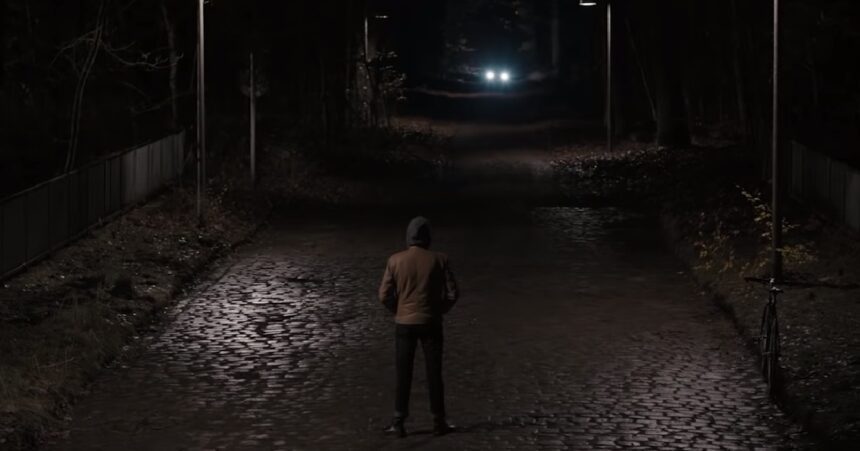In the world of streaming television, few shows have captured the imagination and intrigue of audiences quite like the Netflix series Dark. This German sci-fi thriller, known for its complex narrative and deep philosophical undertones, takes viewers on a mind-bending journey through time, challenging their perceptions of reality and fate.
The Enigma of Winden: Setting the Scene for Dark
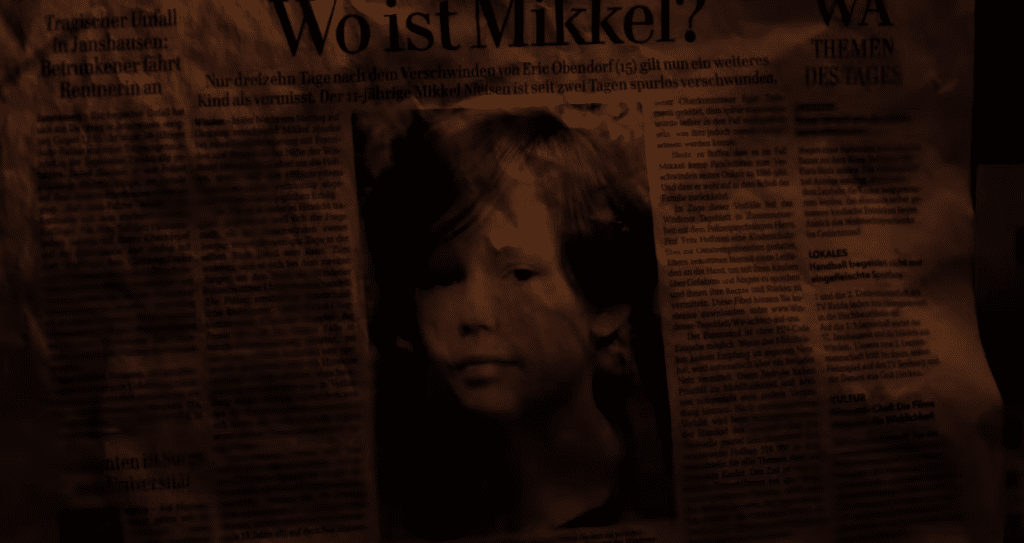
Dark is set in the fictional German town of Winden, a place where everyone’s fate is intricately interconnected across past, present, and future. The series opens with the mysterious disappearance of two young children, which sets off a chain of events revealing the hidden connections among four estranged families. As the story unfolds, a sinister time travel conspiracy dating back several generations comes to light.
The Complex Narrative of Dark
In Dark, the essence of the series is encapsulated in its sinister time travel conspiracy, a haunting and complex narrative heart that beats within the small, seemingly unremarkable town of Winden. This labyrinthine plot, where the past, present, and future intertwine in a dark dance of fate, is not just a science fiction trope but a profound exploration of the human condition. As characters navigate this treacherous temporal maze, their actions echo across generations, unveiling a chilling truth that in Winden, time is not a linear path but a relentless cycle of cause and effect, where each attempt to alter the course of history only tightens the knot of destiny.
A Masterclass in Character Development
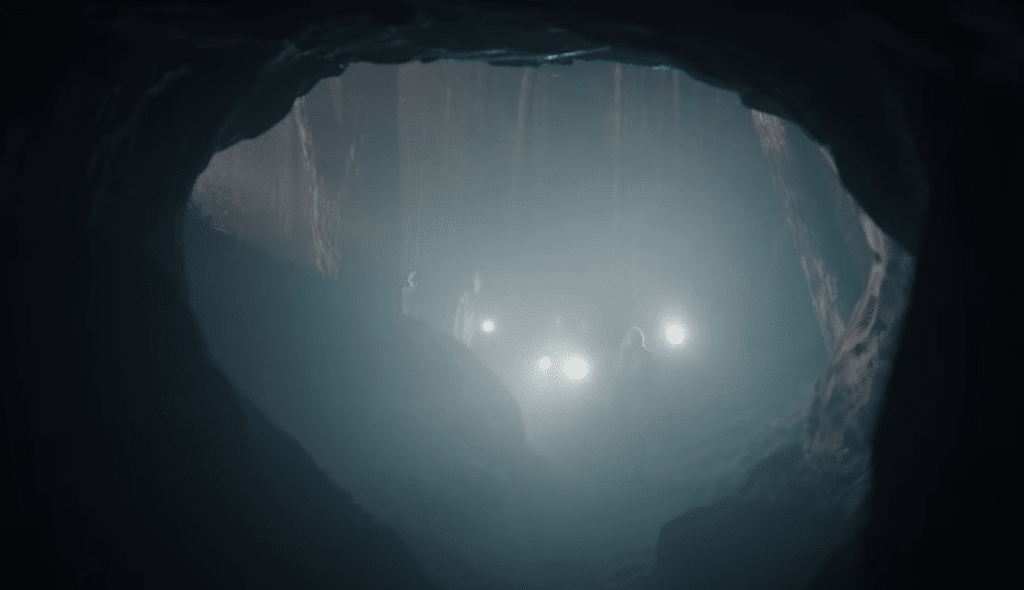
The strength of Dark lies in its well-rounded characters, each grappling with their personal demons and desires. From Jonas Kahnwald, the troubled teenager who finds himself at the center of the town’s mysteries, to Claudia Tiedemann, who becomes entangled in the temporal war, every character is richly developed. Their motivations, fears, and actions drive the narrative, making the series not just a sci-fi thriller but a profound exploration of human nature.
The Philosophical Depth of the Netflix Series Dark
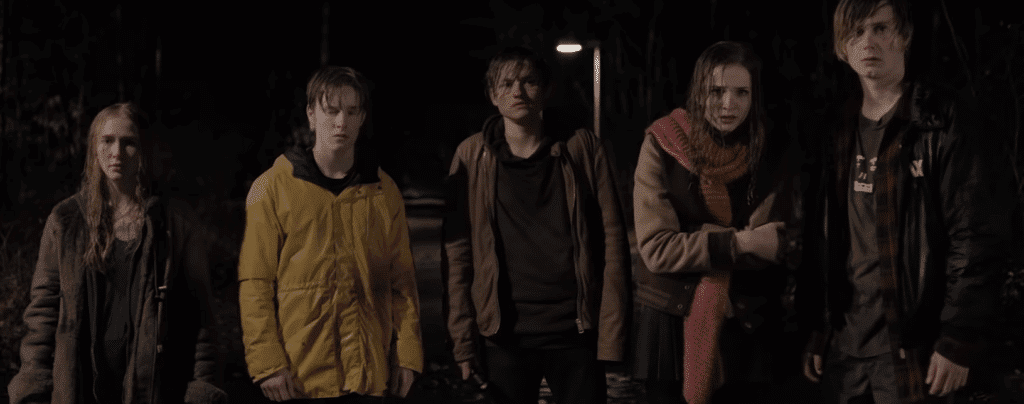
Dark is more than just entertainment; it’s a philosophical exploration of themes such as free will, determinism, and the nature of time. The series delves into these concepts with a rare depth, prompting viewers to question the very fabric of reality and their place in the universe. It’s this intellectual rigor that elevates Dark from a mere television show to a thought-provoking experience.
The Visual and Auditory Tapestry
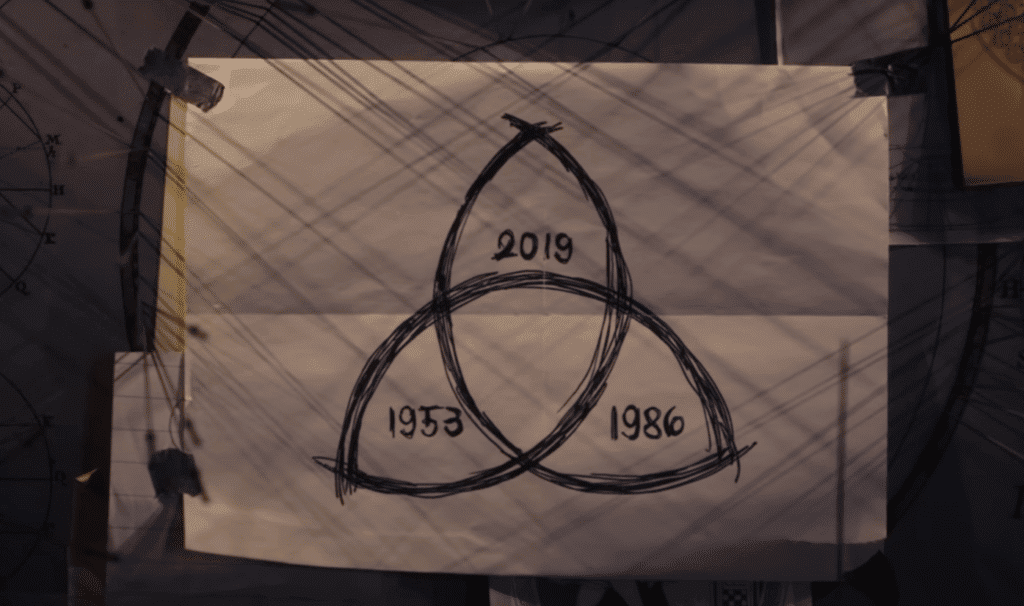
The series’ visual and auditory elements contribute significantly to its eerie atmosphere. The cinematography is dark and moody, perfectly capturing the town’s oppressive aura. The soundtrack, with its haunting score, further amplifies the show’s somber tone. Together, they create an immersive experience that is both unsettling and captivating.
Dark’s Global Impact and Legacy
Since its debut, the Netflix Series Dark has garnered a massive global following, receiving critical acclaim for its originality, depth, and execution. It’s praised for elevating German television on the international stage and has inspired discussions and fan theories across various online platforms. The series has set a high benchmark for narrative complexity and thematic depth in television, influencing the creation of other time-travel-based shows and films.
A Farewell to Dark
As the series concluded its three-season run, fans and critics alike bid farewell to one of the most intriguing and intellectually stimulating shows on Netflix. Dark leaves behind a legacy as a masterpiece of storytelling, a show that not only entertained but also challenged and inspired its audience.
In a world where television often opts for the safe and conventional, Dark stands out as a beacon of bold and innovative storytelling. It’s a testament to the power of narrative, the depth of human emotion, and the endless possibilities of the imagination.

